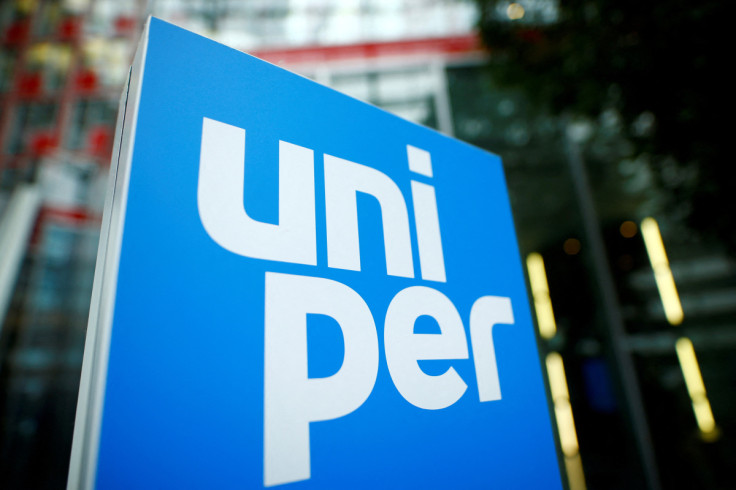Pummelled by gas crisis, Germany's Uniper posts $12.5 billion net loss
German utility Uniper reported a net loss of 12.3 billion euros ($12.5 billion) for the first half and warned it would take until 2024 before it could return to profit.

German utility Uniper, the most high-profile victim of Europe's energy crisis so far, reported a net loss of 12.3 billion euros ($12.5 billion) for the first half and warned it would take until 2024 before it could return to profit.
Germany's largest importer of Russian gas, had to be bailed out in a 15 billion euro rescue deal agreed with the government last month after Moscow drastically cut flows, forcing the company to buy gas elsewhere at much higher prices.
The bailout has laid bare Germany's reliance on Russian gas imports, which accounted for around 55% of the total last year, as well as the costs related to efforts to find alternative sources to keep on powering Europe's top economy.
"Uniper has, for months, been playing a crucial role in stabilising Germany's gas supply - at the cost of billions in losses resulting from the sharp drop in gas deliveries from Russia," Chief Executive Klaus-Dieter Maubach said.
Underscoring Uniper's commitment to supply customers with agreed volumes of gas, Maubach warned energy supply in Europe was far from easing and gas supply in coming winter remains extremely challenging.
Uniper said it expected a mid to high single digit billion euro operating loss in 2022 and that next year would mark a transition year before the group could exit the "loss zone" in 2024.
Apart from equity provided by the state and bigger loans from state-lender KfW, help will also come via a gas levy that lets utilities pass on most of the costs from more expensive gas purchases to customers from October, Uniper said.
It said this would significantly reduce losses from the fourth quarter onwards.
Uniper shares fell more than 9%.
ALTERNATIVE GAS SUPPLIES
Uniper said more than half of the net loss was due to sharply lower gas deliveries from Moscow, which has cut flows via the Nord Stream 1 pipeline to just a fifth, blaming faulty or delayed equipment. Berlin has said this is a pretext and Maubach said Uniper agreed with the German government that Russia's Gazprom could increase supplies via the pipeline if it wanted to or use alternative routes.
The loss also includes 2.7 billion euros in impairments related to the cancelled Nord Stream 2 pipeline, which Uniper backed financially, in addition to goodwills of its Russian business Unipro.
"The most urgent task for Uniper is to find alternative gas supplies," Third Bridge analyst Allegra Dawes said, adding it expected deliveries of liquefied natural gas (LNG) via a planned Uniper-led terminal in Wilhelmshaven by the first half of 2023.
As part of the state bailout, Germany will take a 30% stake in Uniper and has pledged 9 billion euros of credit lines via KfW, 5 billion euros of which have been drawn.
"This will prevent a chain reaction that would do much more damage. Our top priority now is to swiftly implement the stabilisation package," Maubach said.
Uniper, which expects the package to be approved at an extraordinary general meeting in the autumn, said it needed to wait for a clear signal from the European Commission on how it thinks about the bailout first.
($1=0.9821 euros)
Copyright Thomson Reuters. All rights reserved.





















